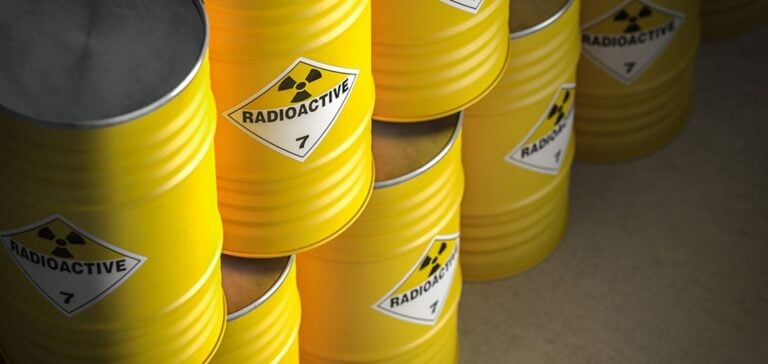Centrus Energy, a US company specializing in nuclear power, has obtained a waiver from the US Department of Energy (DOE) to import enriched uranium from Russia in 2024 and 2025. This decision is in line with existing contracts with American customers, despite the import ban introduced in response to Russia’ s invasion of Ukraine in February 2022.
The Prohibiting Russian Uranium Imports Act, signed by President Joe Biden on May 14, bans imports of enriched uranium into Russia from August 11. However, the law allows derogations until the end of 2027 for nuclear power plant operators with no viable alternative fuel sources, or for imports deemed to be in the national interest.
Waiver Request Procedure
Centrus submitted its first waiver application to the DOE on May 27, three days after the application instructions were published in the Federal Register. These waivers are intended to secure around 20% of the uranium needs of US reactors, a share currently provided by Russian supplies.
Although Centrus had requested waivers for the period 2024-2027, the DOE decided to postpone its decision concerning the years 2026 and 2027 to a later date. The company filed a second waiver application on June 7 to allow the import of Russian enriched uranium for processing and re-export to foreign customers, and is still awaiting the DOE’s determination.
Industry perspectives and reactions
Centrus plans to submit a third application for the years 2026 and 2027, although it does not yet have any customers for this enriched uranium. This anticipation of demand prompted mixed reactions in the industry. One nuclear power plant fuel buyer, who wished to remain anonymous, described the move as “reckless”.
Dan Leistokow, Vice President of Corporate Communications at Centrus, said the industry is working to create new enrichment capabilities, but it will take time. This is precisely why the waiver process was created.
Uncertainties and challenges
For several years, Centrus has been purchasing enriched uranium from Tenex, a subsidiary of Rosatom. The Russian suspension agreement, which put an end to an anti-dumping investigation, sets annual quotas for these imports. The waiver language allows DOE to approve quantities up to the limits of this agreement.
It remains uncertain whether further waivers will be granted to the company, and if so, whether they will be granted in time and in sufficient quantities to support Centrus’ planned operations. DOE has not yet disclosed the number of waivers received or approved.
The current situation highlights the challenges and complexities facing US nuclear operators in a tense geopolitical context and a rapidly changing energy market.






















